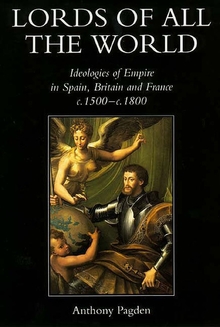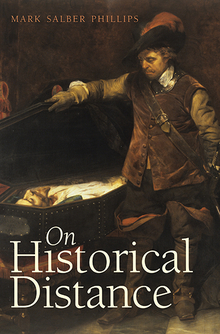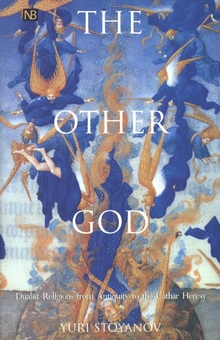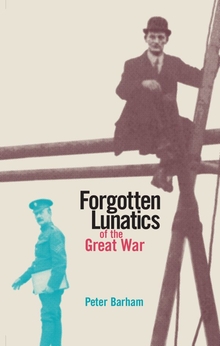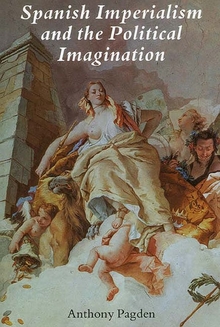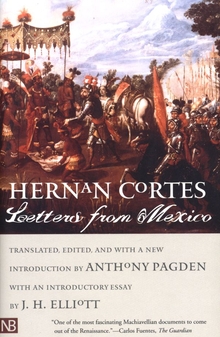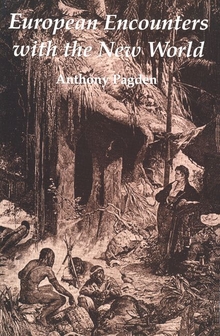Lords of all the World
WARNING
You are viewing an older version of the Yalebooks website. Please visit out new website with more updated information and a better user experience: https://www.yalebooks.com
Ideologies of Empire in Spain, Britain and France c.1500-c.1800
Anthony Pagden
Anthony Pagden describes how the rulers of the three countries adopted the claim of the Roman Emperor Antoninus to be "Lord of all the World." Examining the arguments used to legitimate the seizure of aboriginal lands and subjugation of aboriginal peoples, he shows that each country came to develop identities—and the political languages in which to express them—that were sometimes radically different. Until the early eighteenth century, Spanish theories of empire stressed the importance of evangelization and military glory. These arguments were challenged by the French and British, however, who increasingly justified empire building by invoking the profit to be gained from trade and agriculture. By the late eighteenth century, the major thinkers in all three countries, and increasingly in the colonies themselves, came to think of their empires as disastrous experiments in human expansion, costly, over-extended, and based on demoralizing forms of brutality and servitude. Pagden concludes by looking at the ways in which this hostility to empire was transformed into a cosmopolitan ideal that sought to replace all world empires by federations of equal and independent states.
"Lords of All the World is a complex essai in an embryonic comparative field. It should encourage not only new research and more sustained comparative thinking, but also a refinement in the way that students of related (and artificially sub-divided) 'colonial' historical inquiries think about their subjects. . . . Accomplished and ambitious."—Kenneth Mills, Journal of Imperial and Commonwealth History
"Learned, wide-ranging and important. . . . Pagden's willingness to examine the three empires in tandem is as rewarding as it is innovative."—Linda Colley, London Review of Books
"This is a work of intellectual history in the best sense—contextual, intense, intricately argued, richly allusive, perceptively executed. Solidly grounded in the classical and patristic inheritance, the work proceeds at all times comparatively by addressing topics that define the development of imperial ideology."—John M. Headley, The International History Review
"The author's scholarship is impressive and, drawing on an extensive range of sources, he has made an original and stimulating contribution to our understanding of the ideologies of empire in modern intellectual history."—The British Bulletin of Publications on Latin America, the Caribbean, Portugal and Spain
"This volume . . . provides an excellent commentary on the imperial ideologies of three major European powers during the early modern era. . . . This is a book to which scholars will return time and again. I certainly found it intellectually stimulating."—Chandra R. de Silva, Sixteenth Century Journal
"By masterfully tracing the arguments that fueled and shaped empire building in the Americas, Pagden thoroughly explains distinctions among Spanish, French, and British patterns of colonization. . . . In a brilliant analysis of the evolution of empires, Pagden shows how problems of immigration, overextension, cultural cohesion, and greed undermined the European imperial order. A discussion on federation concludes this well-written and important book. Highly recommended for all academic collections."—Choice
"Modern readers . . . will gain a valuable opportunity to understand and compare the ideologies of the first European empires. . . . [This book] should encourage not only new research and more sustained comparative thinking, but also a refinement in the way that students of related (and artificially sub-divided) 'colonial' historical inquiries think about their subjects. The book must stand as Pagden's most accomplished and ambitious yet."—Kenneth Mills, Journal of Imperial and Commonwealth History
"This is an impressive book, erudite and lively. . . .The book succeeds as an exercise in drawing together the interpretive treatises of three empires over three centuries and showing, often subtly but at times explicitly, their similarity."—William D. Philips, Jr., American Historical Review
"Anthony Pagden, in this impressive and sophisticated overview, reminds us that there had been a debate on the nature and justification of empires all along, only obscured by the Victorian imperialists."—Jonathan Clark, The Times (London)
"A thought-provoking examination of an important topic in the history of political theory."—William S. Maltby, The Historian
"A broad comparative discussion of the intellectual underpinnings of the great empires that Europeans created in the early modern era. . . . This is a distinctly modern book. In the last years of the twentieth century, as European empires fade into memory, as the Russian empire breaks up into warring states, and as the United States plays an ever larger role in stabilizing small states everywhere, a book that discusses how earlier generations of thinkers justified European domination of the world is enormously relevant."—James Muldoon, William and Mary Quarterly
Publication Date: March 30, 1998

